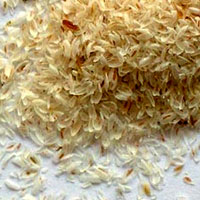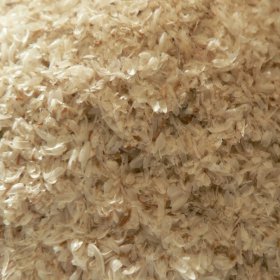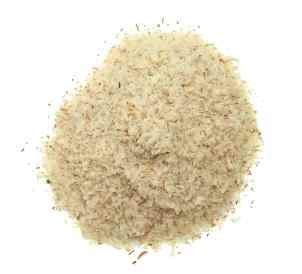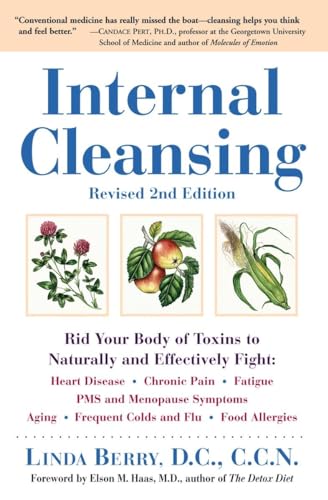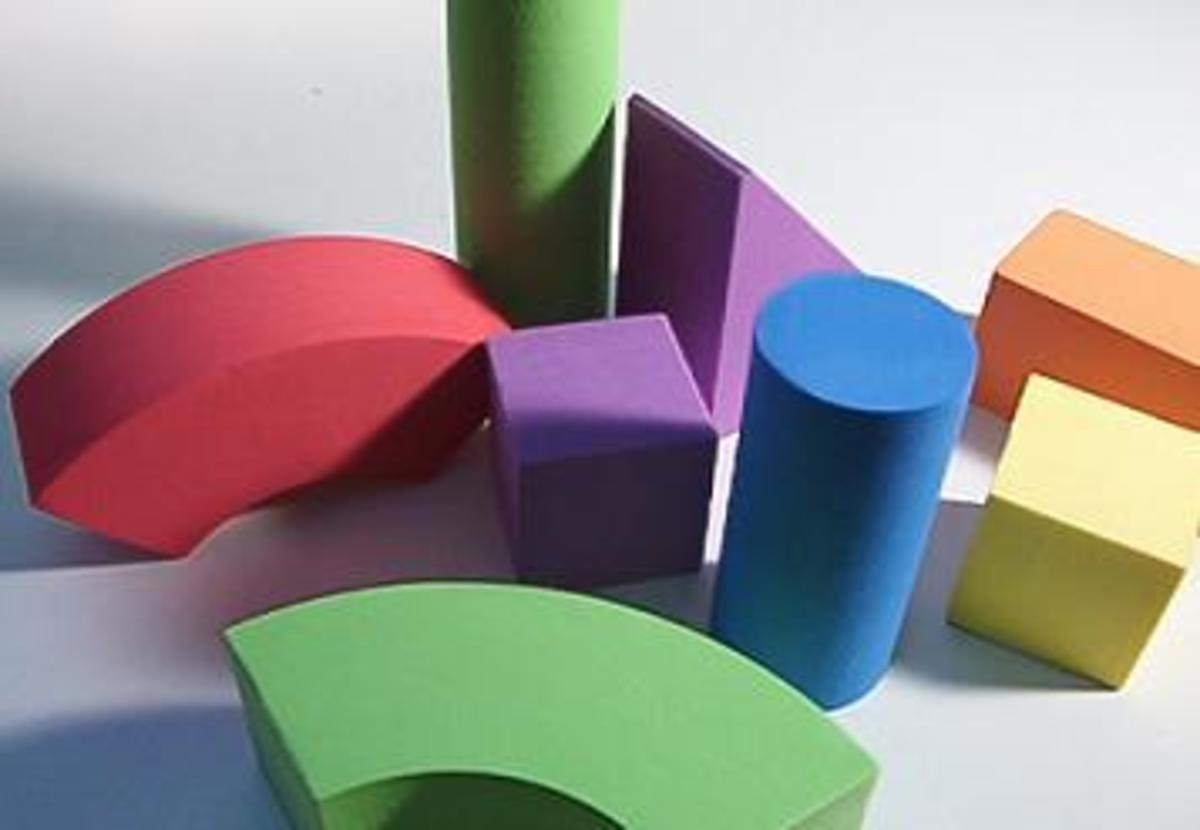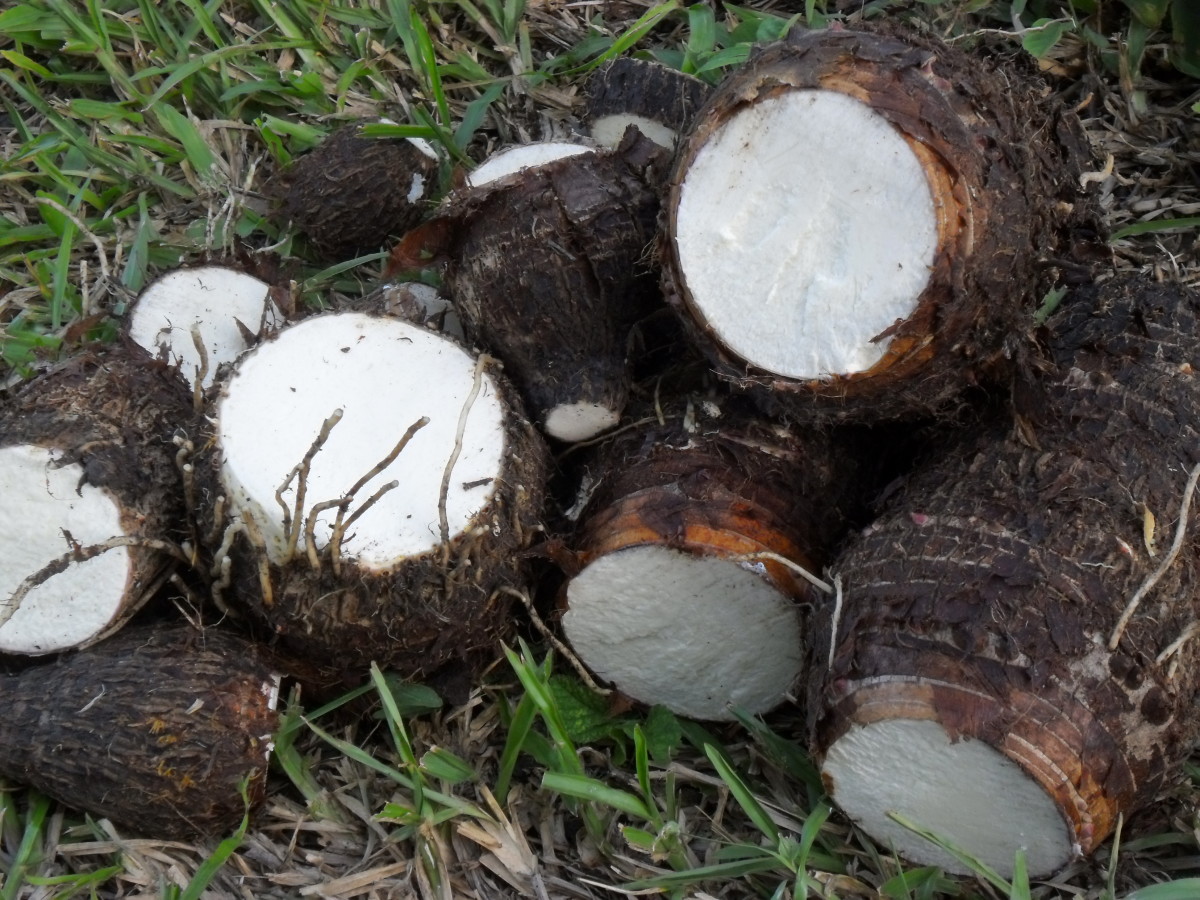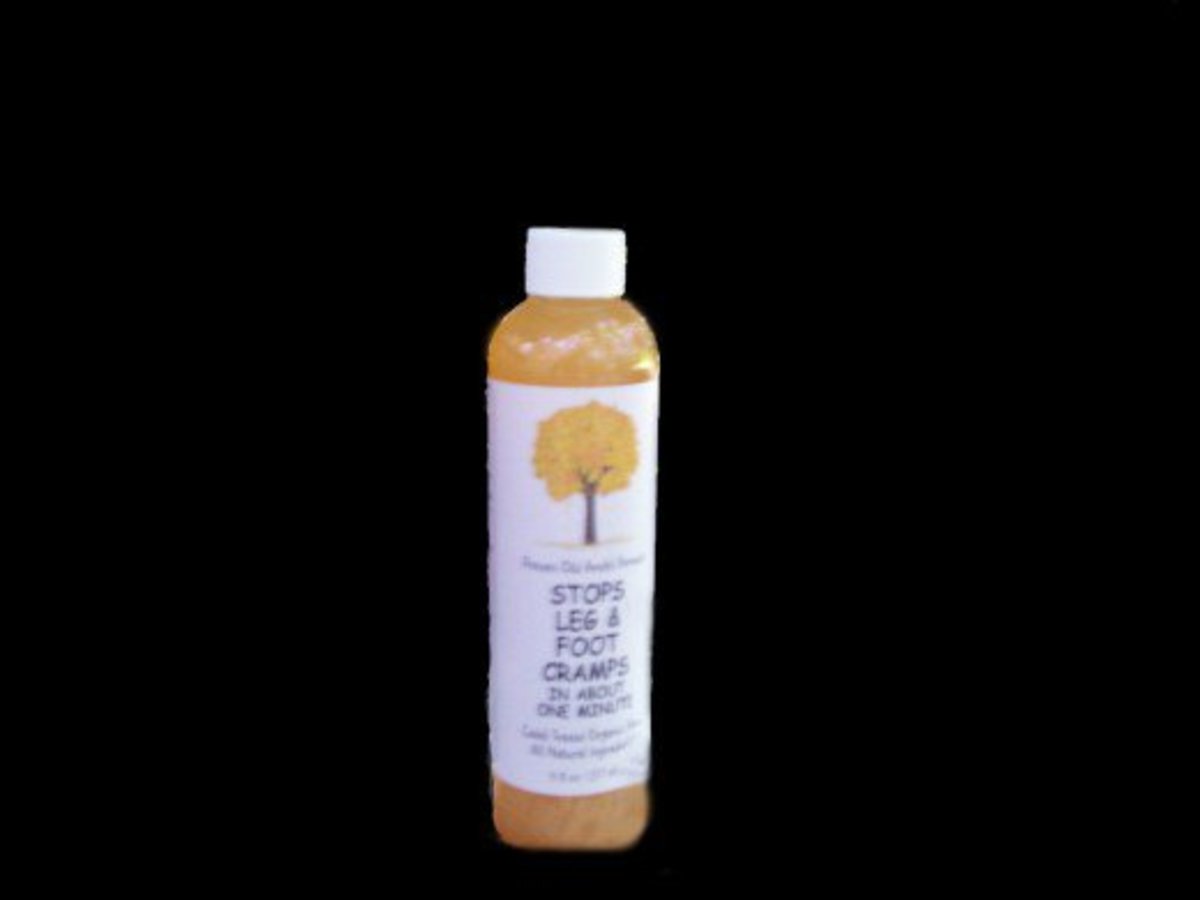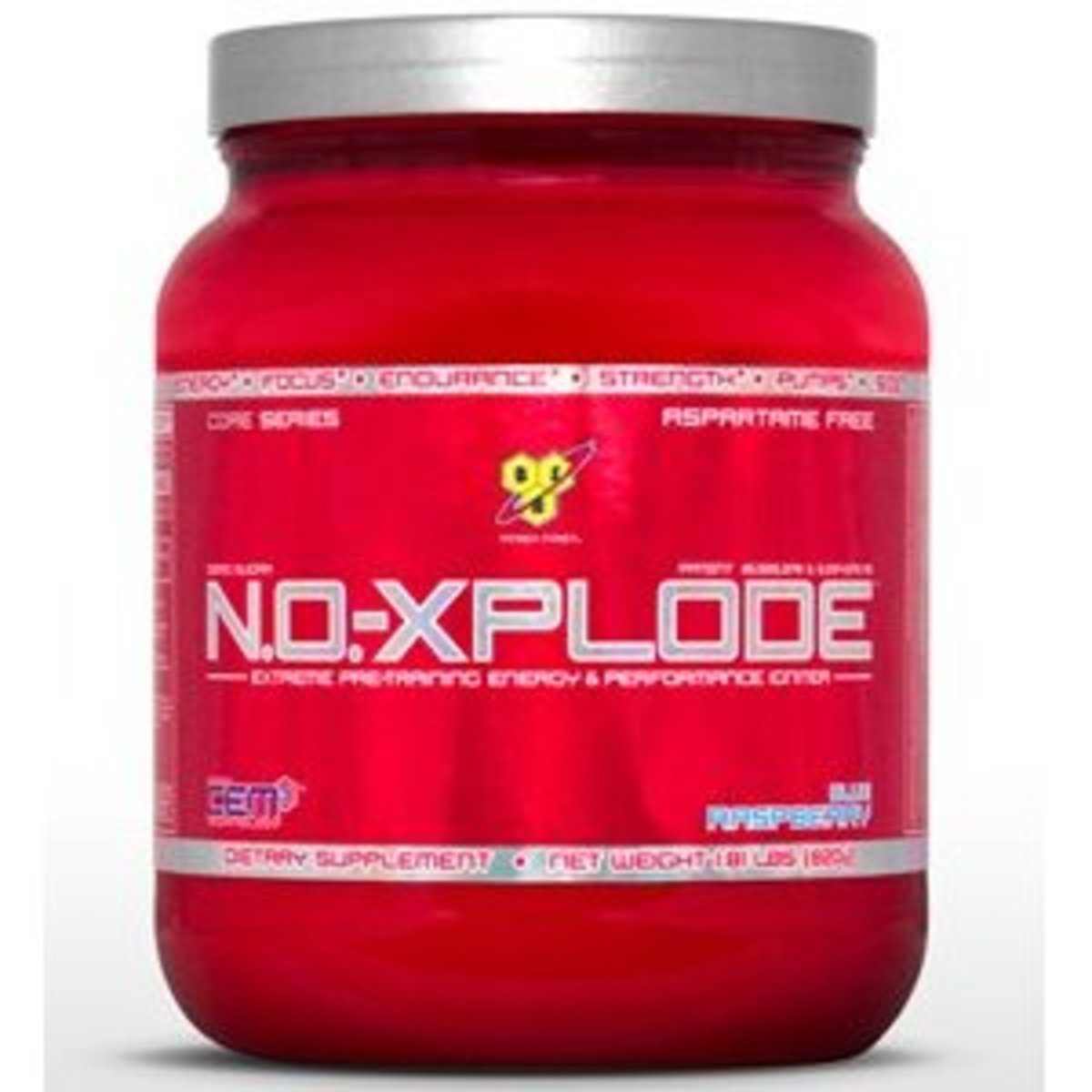Psyllium: Seeds, Husks, and Supplements
Like many plants the entire stalk of psyllium can be used for its herb nutritive value; hence the title Psyllium: Seeds, Husks, and Supplements. Psyllium husks are the outer coatings of the seeds found in the plant and it creates a completely natural form of fiber. The dietary value of this plant is that it is a complex carbohydrate that assists in numerous natural remedies for one’s body. Personal preference is the key that will more than likely influence an individual’s decision as to which form (seeds, husks, or supplements) to add to one's daily nutrition regimen. I had forgotten about the benefits of psyllium and had stopped using this herb until the other day when I stumbled upon a product that contained this complex carbohydrate. If you sometimes feel like a boated balloon, or totally surrounded by water for no reason, and/or drastically the opposite; here’s what my research revealed that caused me to re-implement this into my healthy diet routine.
Submerging one's self into water, most likely will not assist in creating a healthy digestive system...

What is Psyllium Seeds, Husks, and Supplements?
As stated psyllium husks are the outer coatings of the psyllium seeds and are a complex carbohydrate which basically makes it a natural fiber. The psyllium husk can be used in its natural form or it can be chopped, crushed, dried, inserted into capsules, and or used in a powdered form as a supplement. And believe it or not you now can find psyllium husk in many over the counter laxatives and fiber supplements. However, it is only recently that the West has gotten “hip to the idea” of using the benefits of this alternative medicine.
I can recall that this herbal supplement was very controversial when it was first introduced in the US about 15 years ago. Psyllium husk swells when it comes in contact with water and absorbs 8 to 16 times it weight which give it a bulky quality and makes it an effective laxative. If I recall correctly when initially introduced to the general public in the States this swelling was of major concern to some of naysayers. In addition to the usual concerns of quality and control issues that are usually identified by the FDA.
Nevertheless, psyllium was named as one of the Top 10 Superfoods by Canadian Living and Prevention Disease.com. In addition, people in India has been using psyllium husk to ease constipation for many years; and the Europeans has been using it since the 16th century.
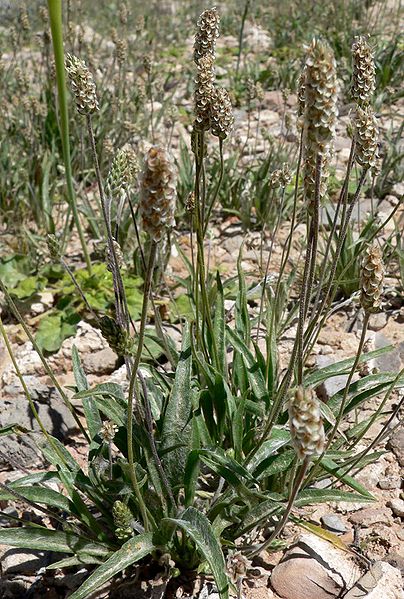
Medicinal Uses as a Dietary Fiber
Psyllium seeds, husks, and supplements have been found to act as an astringent, antitoxic, antimicrobial, anti-inflammatory, demulcent, diuretic, and an expectorant. For external use, a poultice (a moist, mashed mixture of the leaves) is beneficial for insect bites, poison ivy rashes, and minor sores.
Psyllium contains mucilage which is used in common over-the-counter bulk laxative and dietary fiber supplement products. Psyllium seeds consist of soluble and insoluble polysaccharides (cellulose, hemicellulose, and lignin) and contain protein, triglycerides, starch, and a fixed oil. The psyllium husk contains a high proportion of hemicelluloses (more complex than a sugar and fewer complexes than cellulose).
If the above sounds a little too technical don’t worry about it. Its just an explanation of what makes psyllium seeds, husks, or supplements worthy of being implemented into one’s dietary routine. Just like there are numerous forms in which this dietary fiber can be sold, there are numerous reasons for implementing psyllium into your diet.
Psyllium Health Benefits are that it is:
Effective in treating diarrhea - Psyllium speeds the passage of stool through the digestive tract by softening the stool and attracting water thereby producing more bulk. Hence, whatever toxins, parasites, allergens, or fluid imbalance causing the diarrhea; can be counter-acted by the bulk of the psyllium causing absorption or removal of bad bacteria, the prevention of additional parasitic growth, and or toxicity.
Prevents constipation and improve colon health – Because psyllium seeds are high in dietary fiber it adds weight to the bowel and makes it a very safe laxative for treating chronic constipation.
Helps to ease hemorrhoid pains and cystitis – Psyllium is believed to trap and eliminate bile acids and may be recommended to help soften stool and reduce the pain associated with hemorrhoids by some physicians.
Helps to maintain or lower cholesterol levels - Psyllium has hypocholesterolemic effects in lowering cholesterol levels in some individuals. It is theorized that within the intestines, psyllium sticks to the cholesterol contained in foods, keeping it from being absorbed by the body and forcing it to be eliminated sooner than if the fiber supplement was not taken.
Your intestines can make you ill
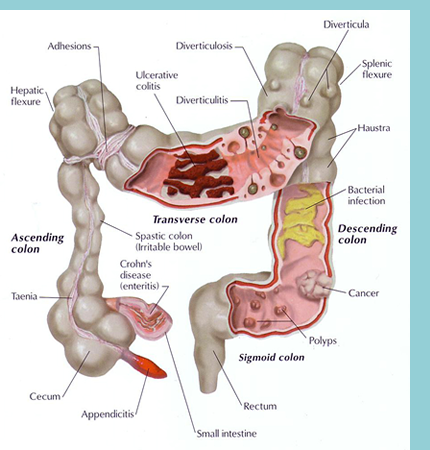
Treats irritable bowel syndrome – The mucilage in psyllium acts as a soothing lubricant to the intestinal walls and is said to be a benefit to people with IBS medical conditions.
Aides in weight control - By reducing hunger cravings and the bulk of this dietary fiber helps to make you feel full. The key is to take a small dosage 10 to 20 minutes prior to meals and increase the fiber over time in conjunction with a healthy diet and exercise regimen.
Assists in controlling onset of diabetes – A study performed by the University of Kentucky revealed that psyllium extract could help to control type II diabetes. An extract of the dried seeds provided enough soluble fiber to block the rise in blood sugar after meals. In addition, provided anti-inflammatory properties and improved lipid control in treating Type 2 diabetes. Of course more studies and research are being done to prove and or disprove this study.
Aides in treating yeast infections - By cleaning the colon you assist your body in getting rid of the bacteria that causes candida infections. The psyllium husk absorbs toxins, fungi, the bad bacteria, and other harmful substances and then passes them out with your stools.
More Info on Psyllium via HubPages...
- Homemade Colon Cleanse - by beautyaddict
Beautyaddict writes about the popular homemade colon cleanser called a P&B shake, also known as a Psyllium Powder and Bentonite Clay shake. Both of these work together to help push the... - Irritable Bowel Syndrome: Tips to Help Relieve Painful Bowel Problems - by ripplemaker
If you've ever suffered from Irritable bowel syndrome (IBS) you will want to read this article. Ripplemaker explains it is not a serious illness, but it is an extremely unpleasant thing and could cause pain... - Can you Name Some Herbal Medicines Already In Use for Constipation Today? - by RNMSN
RNMSN is a nurse that talks about the subject that many don't want to say out loud. However, everyone has problems with constipation occasionally. It is NOT in anyone's best interest to use any product at all in..
Psyllium Soluble Fiber to Buy



Consumption and What You Should Know
Psyllium seed husks in the chopped, crushed, dried, and or powdered form can be added to just about anything: milk, milkshakes, water, fruit and veggie juices, soups and stews, or protein drinks. I’m taking mine with a soy protein drink first thing in the morning. I usually begin with 8 ounces of water first thing when I get up and is getting dress. And then I’m having my protein drink with psyllium on the way out the door to the next destination.
This is quick and easy for me since I generally don’t eat breakfast before 10 a.m. the protein drink serves as my first small meal of the day. It is a good idea to never eat psyllium husk alone, as it may cause some digestive problems. Personally, I do not like the taste; hence I mask the taste of it within the protein drink or one of Dr. Oz’s breakfast shakes.
Without getting too descriptive the psyllium husks swells and forms a gelatin-like mass in the colon that softens the bowel while absorbing toxins that are present in the digestive system. If you decide to use psyllium as a supplement in your diet, please check with your doctor if you are under consistent care for any illnesses. Also, when taking psyllium husk supplements always drink plenty of fluids. Do NOT get behind on your water intake. As a matter of fact it might be a good idea to increase water consumption with an extra glass of water; especially if you are an individual that does not like to drink water. After all, not drinking adequate amounts of water is one of the major causes of constipation.
Possible side effects of taking psyllium dietary fiber can be abdominal distention, flatulence, and or anaphylaxis. Experiencing flatulence should decrease over time as your body begins to get rid of some of the toxins within your system. Of course if any severe adverse symptoms and or discomfort occurs perhaps one should stop taking the product and consult a physician.
Now Psyllium Husks
Conclusion
I hope you have found Psyllium: Seeds, Husks, and Supplements to be both helpful and informative. Please remember however if you are unfamiliar with herbs and natural alternatives and want to give any of the herbal supplements a try; I suggest that you seek an experienced herbalist and or doctor prior to mixing any alternative medicines with the drugs (prescription or herbal) you are presently taking.
Disclaimer: This information is solely for informational purposes. IT IS NOT INTENDED TO PROVIDE MEDICAL ADVICE. Before engaging in any complementary medical technique, including the use of natural or herbal remedies, you should do your own research, and then consult your present physician. If your doctor does not believe in alternative medicines and you would like to give them a try then find a reputable doctor familiar with alternative medicines that can assist you in deciding what treatments might meet your specific needs.
As always comments are always welcomed. Namaste!

Psyllium Husks Fiber
More about Cleansing
more from Money Glitch
- Battling Belly Fat: Eat MUFAs
Burning and reducing belly fat has become the in thing to do over the past few years. Battling Belly Fat: Eat MUFAs provides suggestions on how to... - Weight Loss Tips 101: Make Lifestyle Changes
Weight Loss Tips 101: Make Lifestyle Changes provides easy weight loss tips that can be implement within one's lifestyle gradually to prevent feeling... - Need a Healthy Diet: Eat Blue Zones Superfoods
If you want to live to be a vibrant 100 year old with energy and good health. Then the article Need a Healthy Diet:Eat Blue Zones' Superfoods offers tips...


